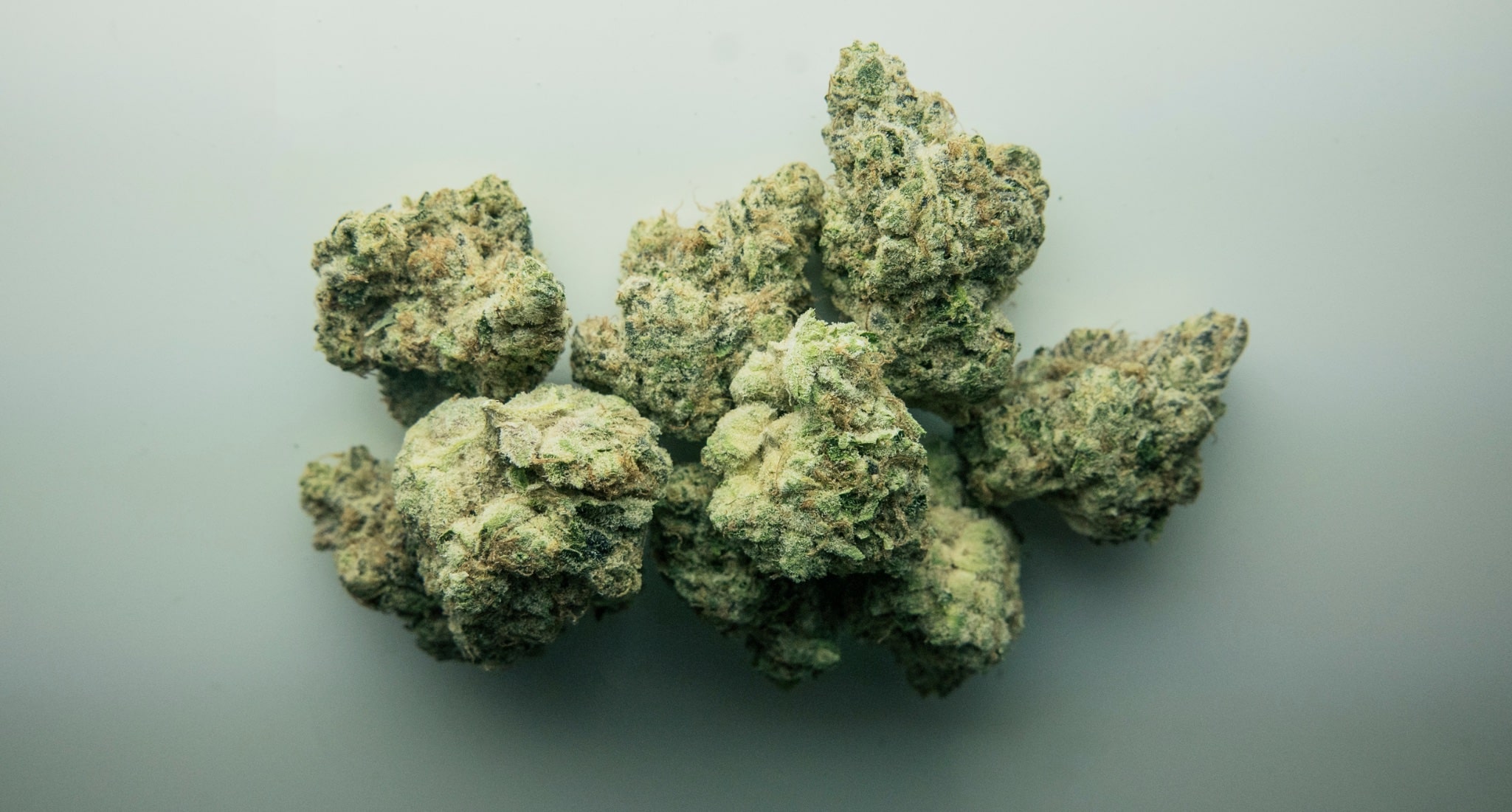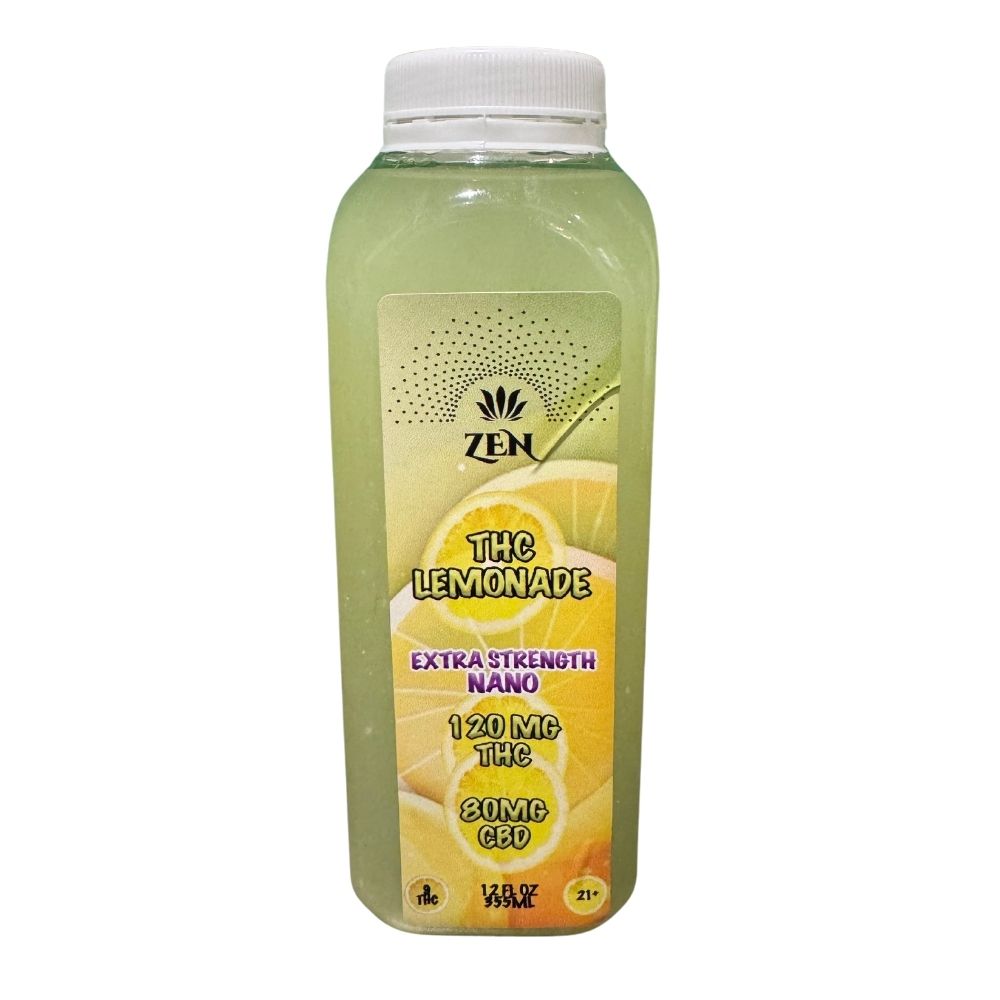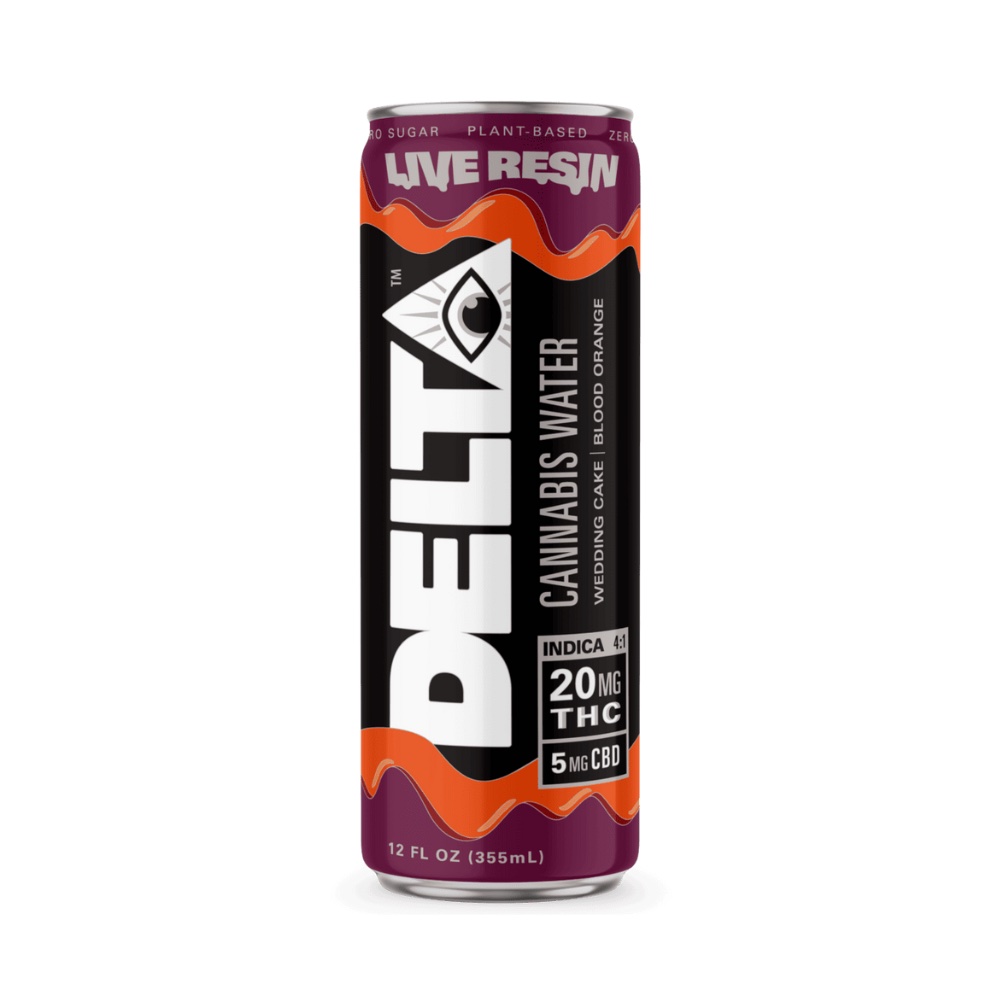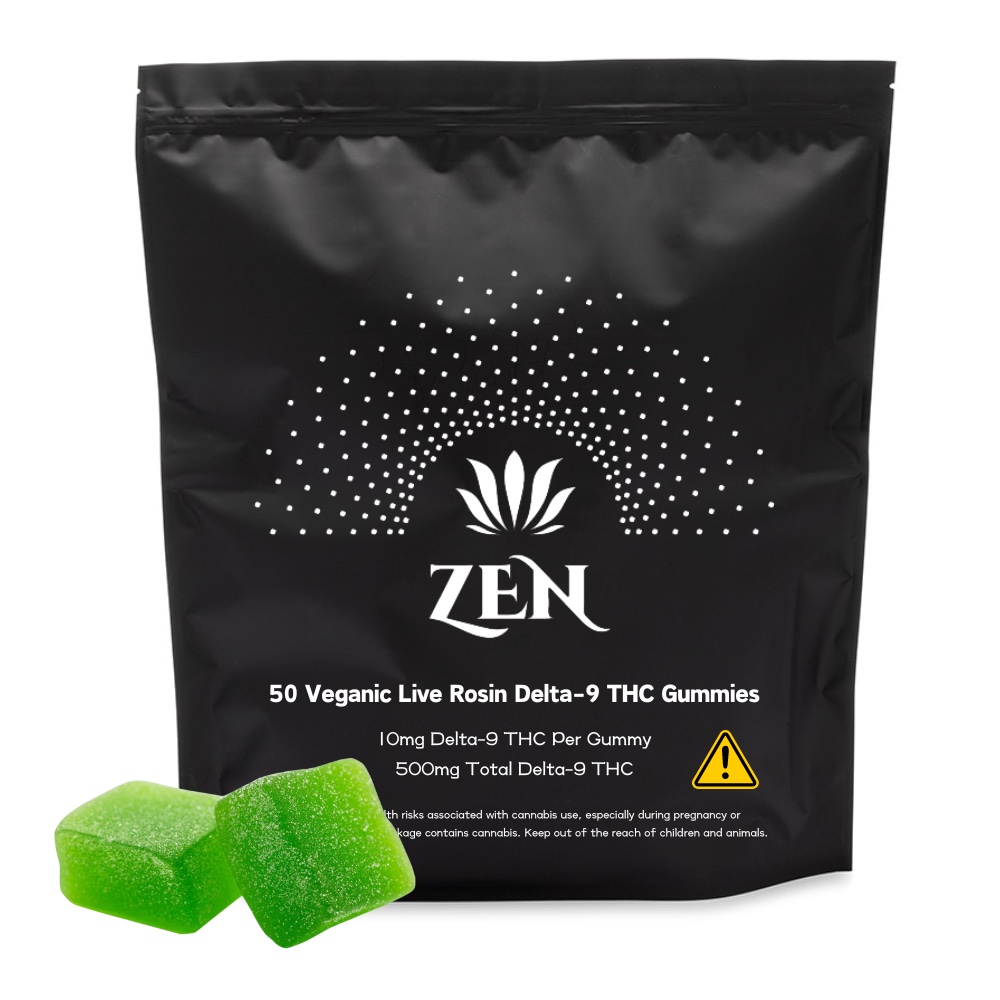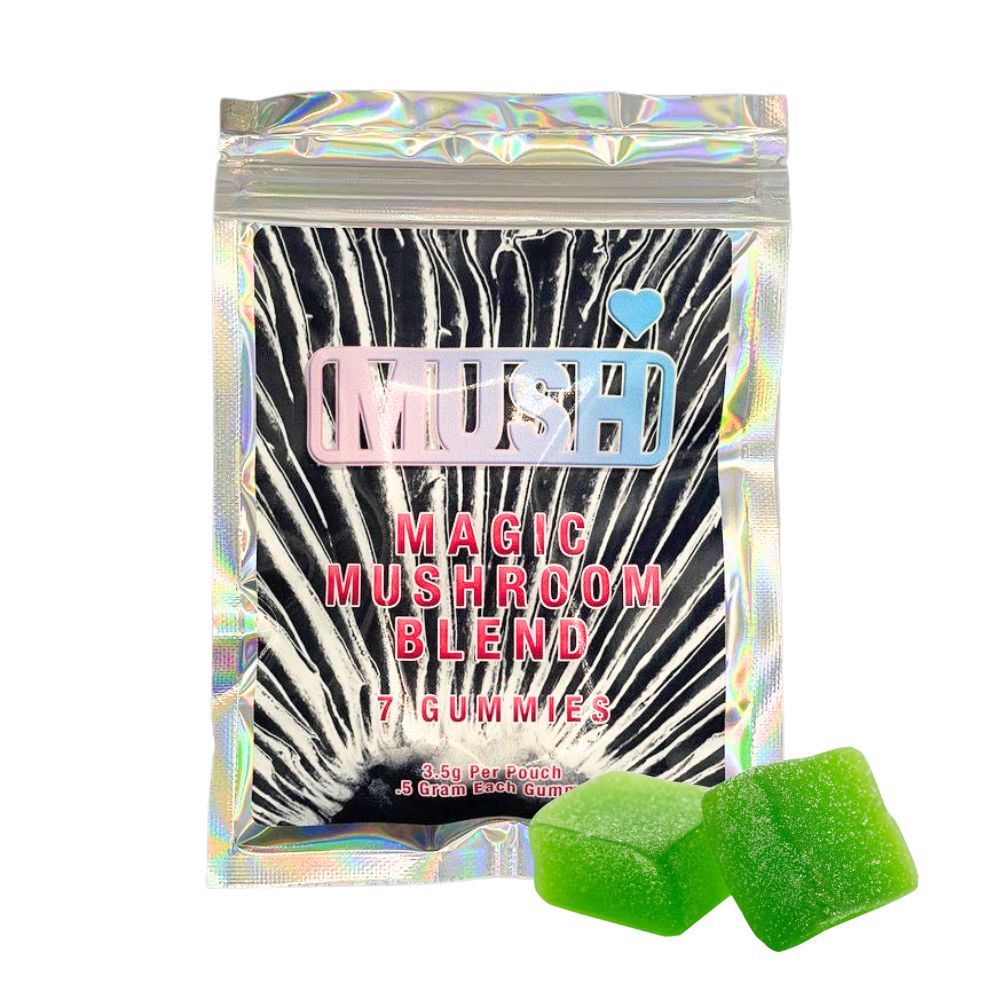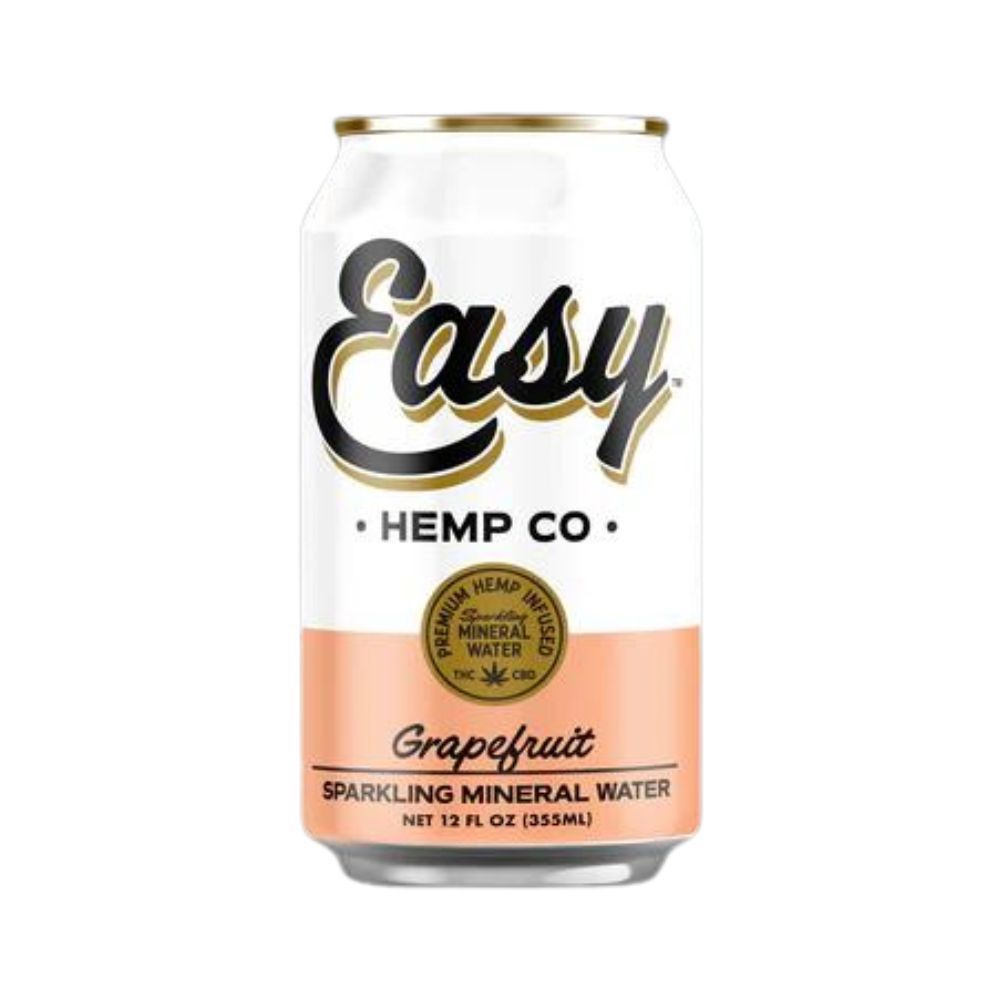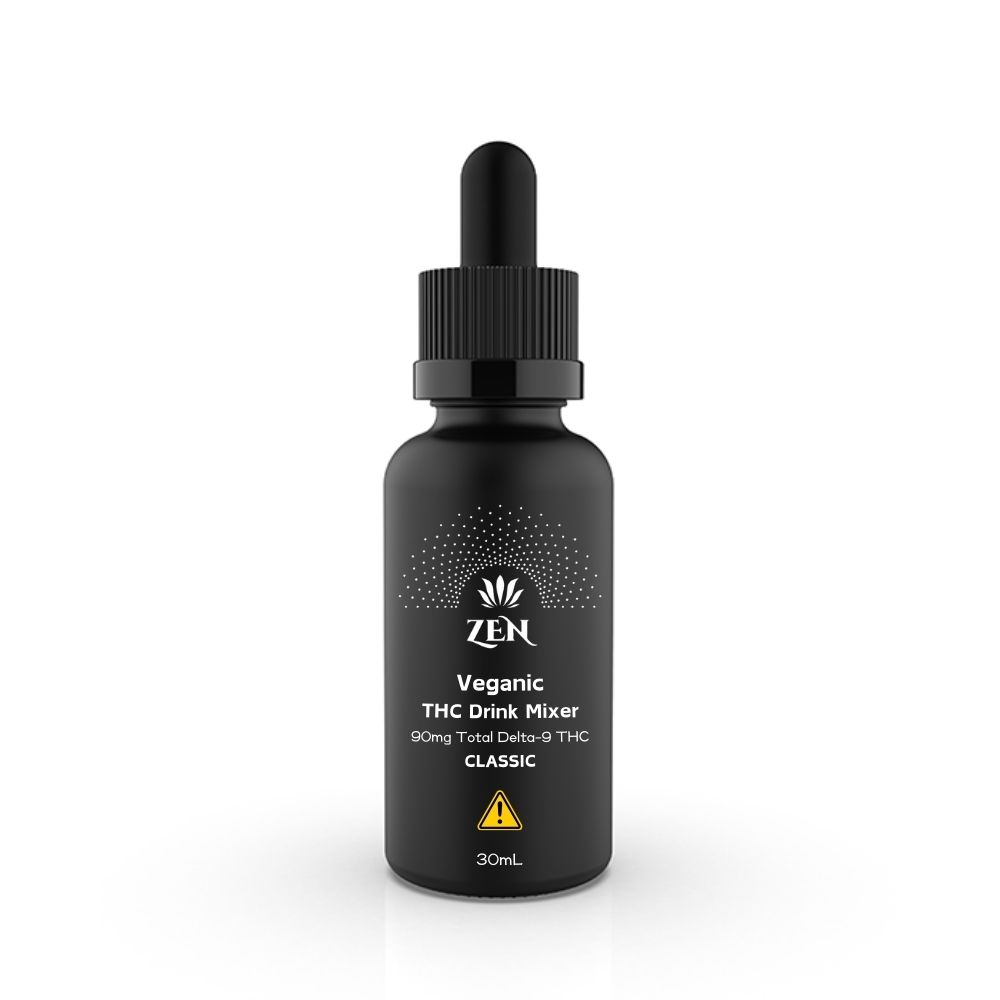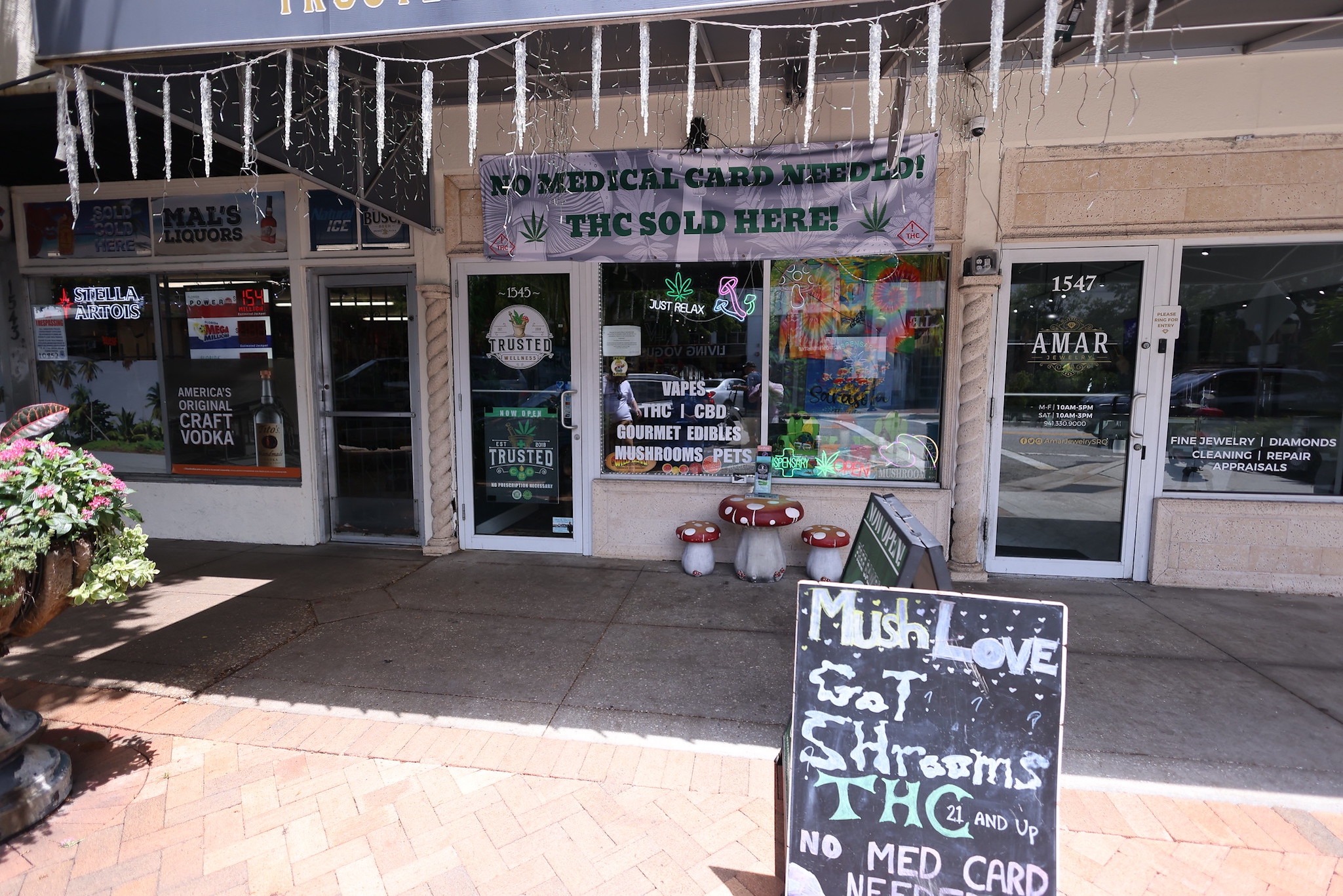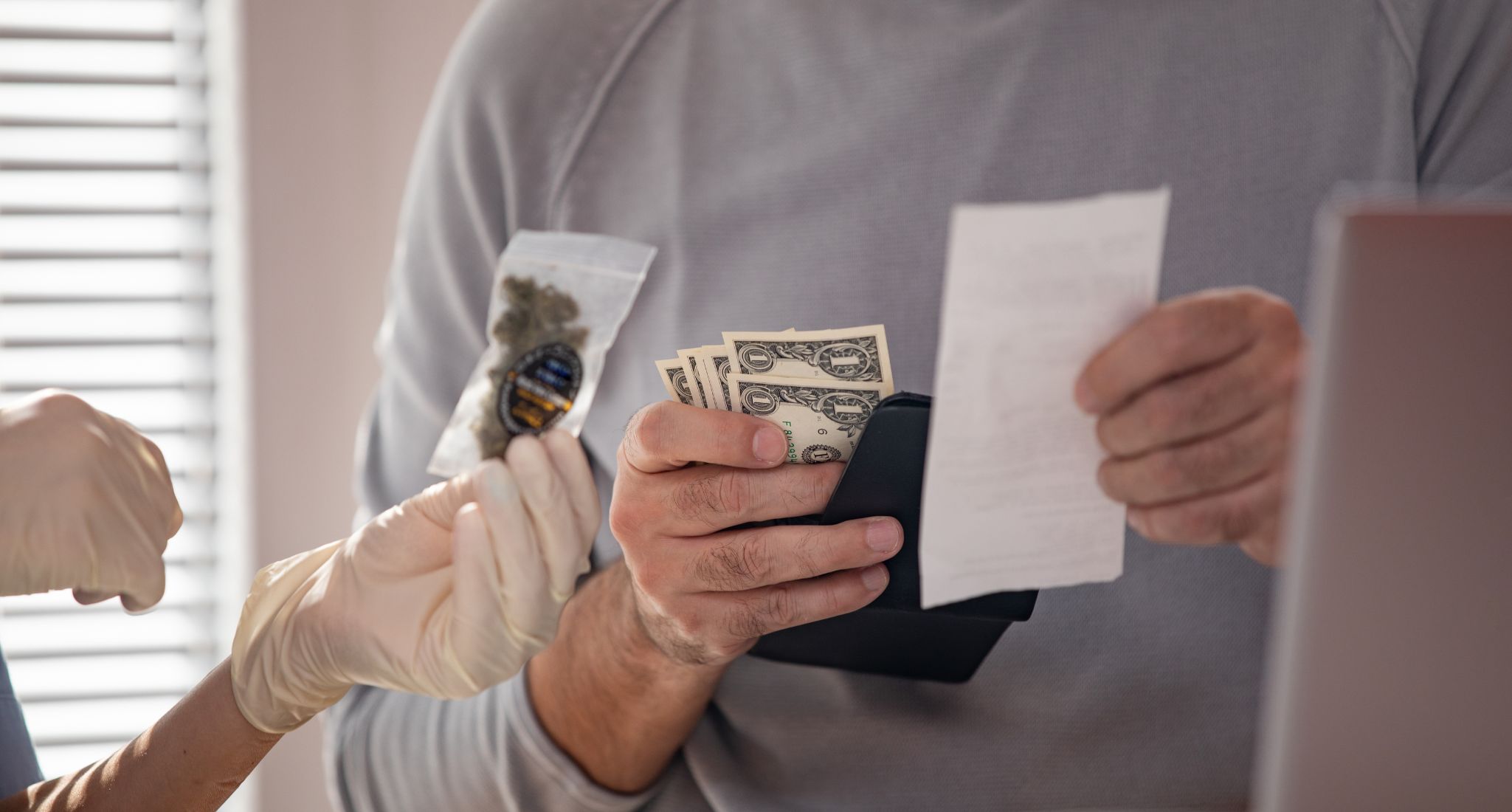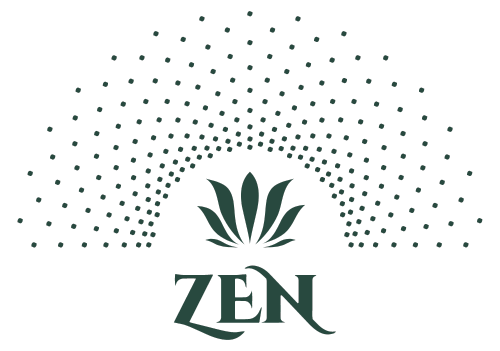Does THC A Get You High?
Yes, THC A can get you high, but only after it’s converted into THC. Tetrahydrocannabinolic acid (THCA) cannabinoid found in raw cannabis. When you smoke, vaporize, or heat cannabis, THCA converts into THC, the compound responsible for the high. Understanding this process is crucial for both recreational users and those seeking therapeutic benefits from cannabis.
What Is THCA?
THCA is the acidic precursor to THC. It’s present in raw and live cannabis plants. Unlike THC, THCA doesn’t produce psychoactive effects on its own. When cannabis undergoes decarboxylation, a chemical reaction triggered by heat, THCA transforms into THC. This process is essential for anyone looking to experience the psychoactive properties of cannabis.
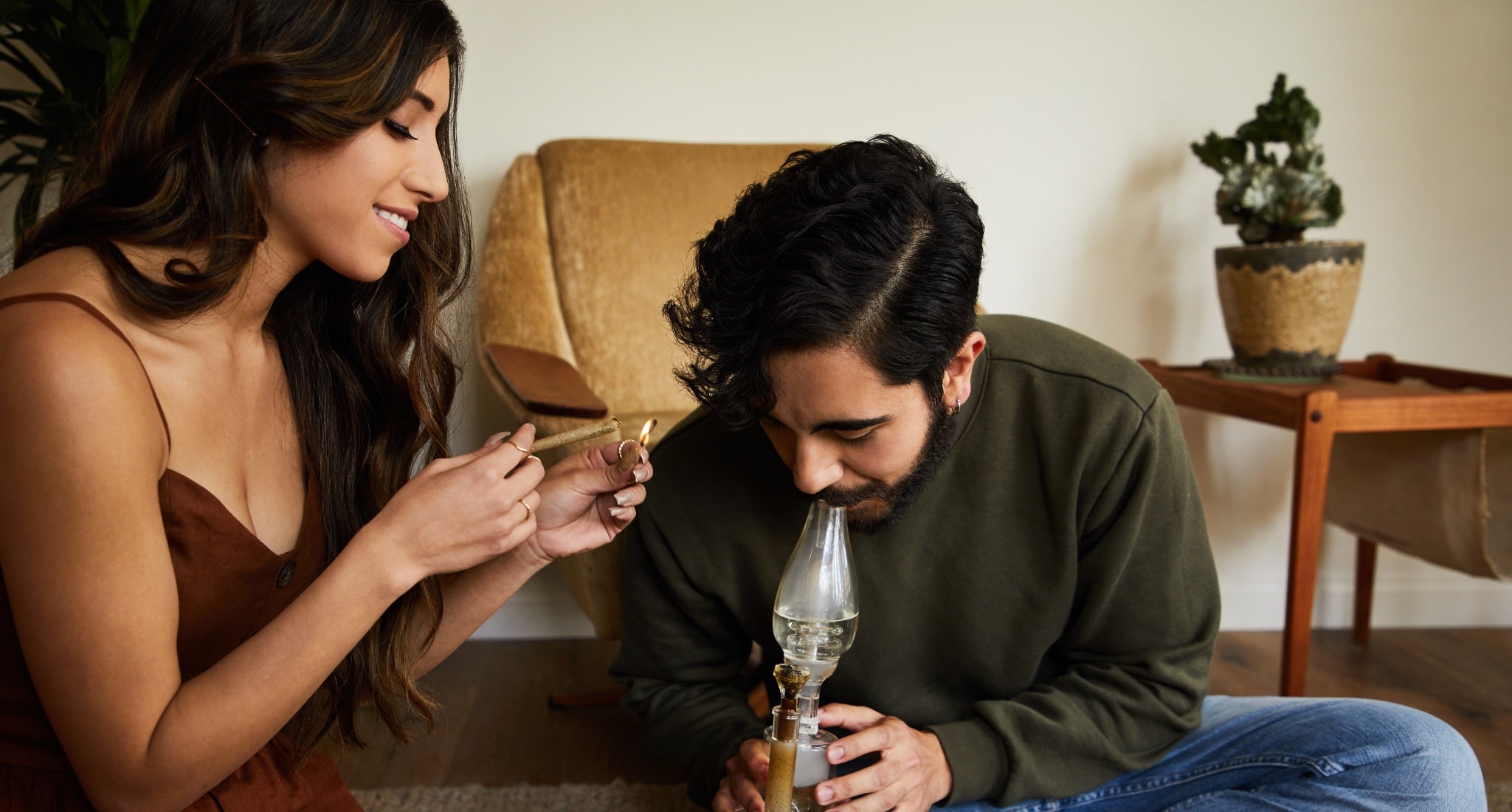
Decarboxylation: The Key to Activation
Decarboxylation is the process that converts THCA into THC. This occurs when cannabis is exposed to heat through smoking, vaping, or cooking. Without this step, you won’t feel the high associated with THC. This is why eating raw cannabis won’t get you high. For those who want the psychoactive effects, understanding decarboxylation is essential.
Benefits of THCA
While THCA doesn’t get you high, it offers a range of potential health benefits. Research indicates that THCA may have anti-inflammatory, neuroprotective, and antiemetic properties. People use THCA for conditions like arthritis, neurodegenerative diseases, and nausea. It’s also being studied for its potential to help with pain and muscle spasms.
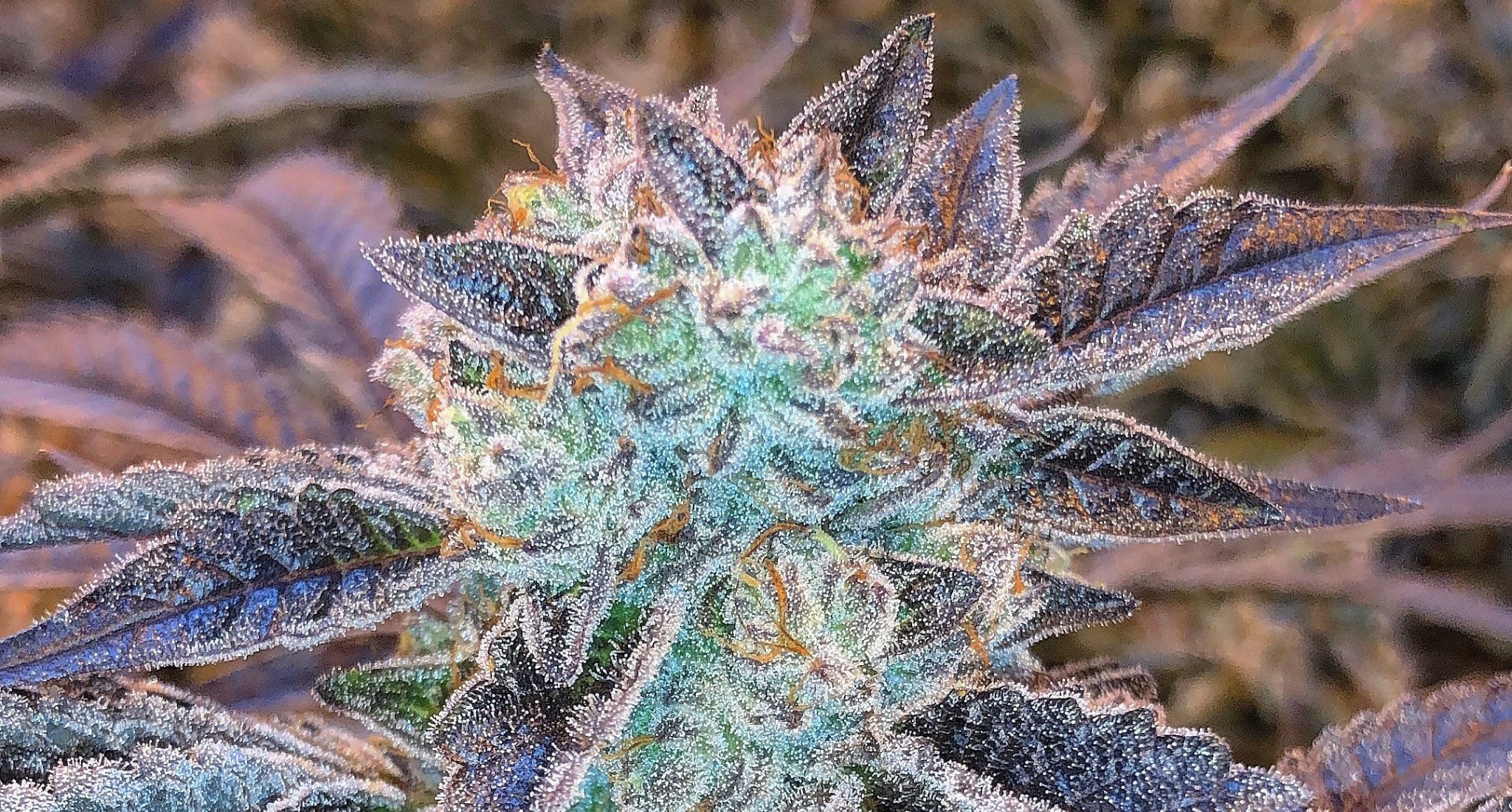
How to Use THCA
If you want to use THCA for its potential health benefits, consuming raw cannabis with THCA is the way to go. This can be done by juicing raw cannabis leaves or using tinctures and other products specifically designed to preserve THCA and other cannabinoids like CBD. For those seeking the psychoactive effects, using methods that involve heating cannabis, like smoking or vaping, is necessary.
THCA vs. THC
Understanding the difference between THCA and THC is crucial. While THCA is non-psychoactive, THC is the compound that delivers the high. They are chemically similar but differ in their effects on the body. THCA must convert to THC to produce psychoactive effects, a key distinction for users.
The Chemistry Behind THCA and THC
THCA and THC share a similar chemical structure, but they interact with the body differently. THCA doesn’t bind well to CB1 receptors in the brain, which is why it doesn’t produce a high. Once converted to THC, it binds effectively to these receptors, resulting in psychoactive effects. This conversion is a critical process for users seeking specific outcomes.
Legal Considerations
The legality of THCA and THC varies by region. In places where cannabis is illegal, possessing or using raw cannabis containing THCA might still be against the law. However, some areas allow the use of raw cannabis or products that contain THCA, especially for medicinal purposes. Always check local laws before using or possessing cannabis products.

Consumption Methods
Different methods of consuming cannabis affect the conversion of THCA to THC. Smoking and vaping are the most common methods, providing quick decarboxylation and immediate effects. Edibles and tinctures require precise heating during preparation to ensure proper conversion. Each method offers unique benefits and drawbacks depending on your needs.
Potential Health Benefits
Research on THCA is still in its early stages, but initial findings are promising. THCA shows potential for reducing inflammation, improving memory, protecting nerve cells, and controlling nausea and vomiting. These properties make it a valuable compound for further study and potential therapeutic use. Continued research will help clarify its full range of benefits.
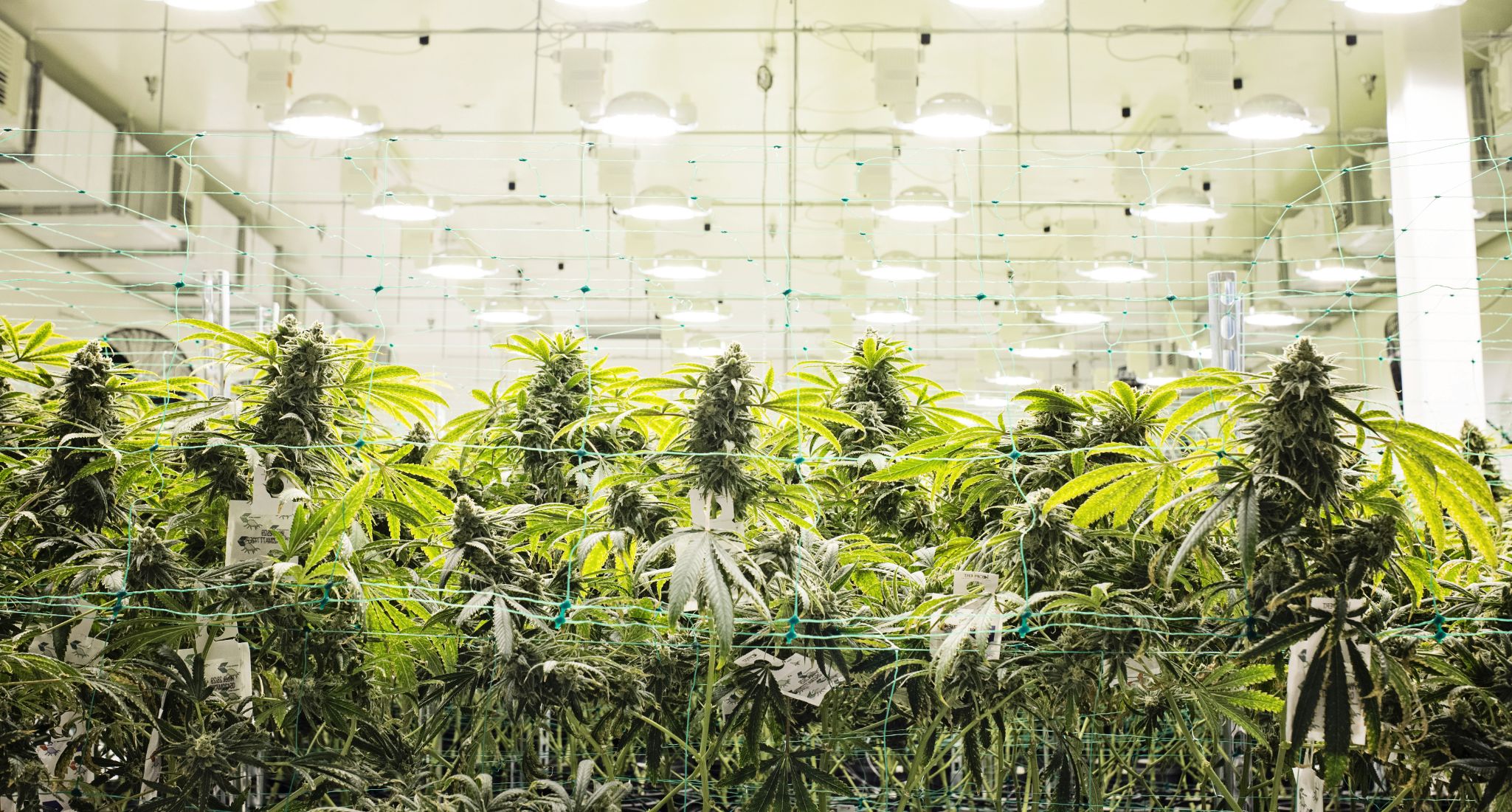
Raw Cannabis and THCA
For those interested in the health benefits of THCA without the psychoactive effects, raw cannabis consumption is an option. Juicing fresh cannabis leaves or using specific raw cannabis products can provide THCA. This method maintains the non-psychoactive properties while offering potential health benefits. Raw cannabis is a growing area of interest for health-conscious users.
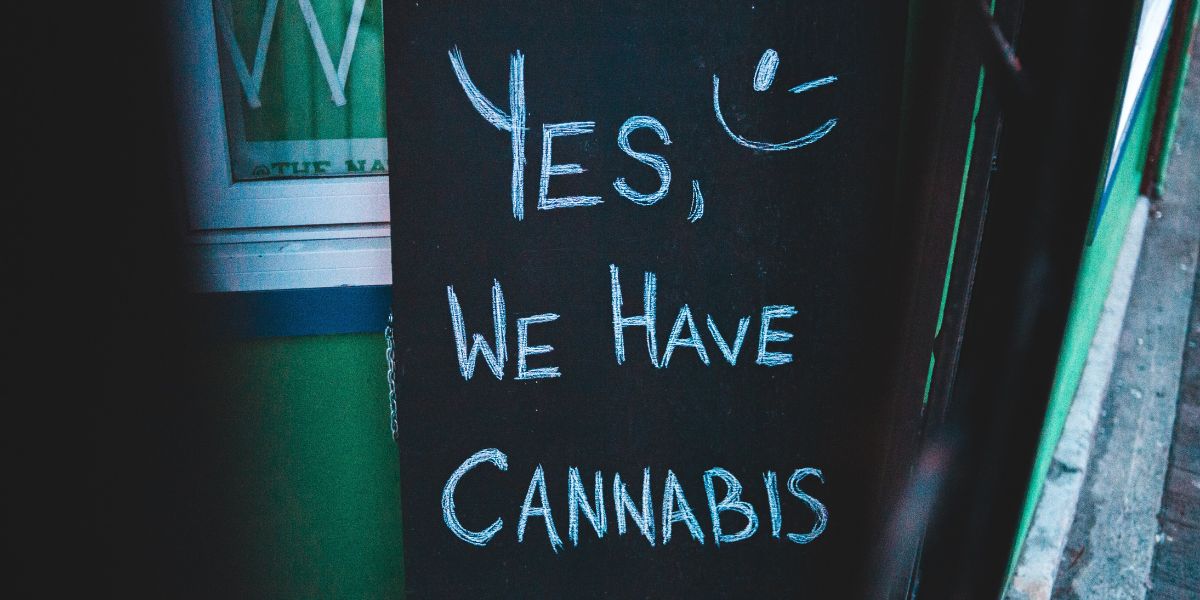
THCA Products
The market for THCA products is expanding. From THCA prerolls, THCA blunts and THCA disposable vapes to THCA gummies and THCA lemonade, there are various ways to incorporate THCA into your wellness routine. These products aim to preserve the non-psychoactive benefits of THCA, offering alternatives to traditional cannabis consumption. As interest in THCA grows, so does the variety of available products.
Recent research sheds light on THCA’s potential beyond its conversion to THC. A 2023 study published in the Journal of Cannabis Research explored THCA’s anti-inflammatory and neuroprotective properties, suggesting it could be beneficial for conditions like epilepsy and multiple sclerosis (Read the study here). This study indicates that THCA might offer significant therapeutic benefits, leading to the development of new THCA-based products such as tinctures and edibles. These innovations are providing non-psychoactive options for those seeking relief from various ailments.
Conclusion
So, does THCA get you high? Not directly. THCA must convert into THC through decarboxylation to produce psychoactive effects. However, THCA offers potential health benefits without the high. Understanding the difference between THCA and THC, how they work, and their potential uses can help you make informed decisions about cannabis consumption. Whether you seek the therapeutic benefits of THCA or the psychoactive effects of THC, knowing the science behind these compounds is essential.
Discover more blogs like this one:
Sneak Peek, New Strains Coming Soon:

